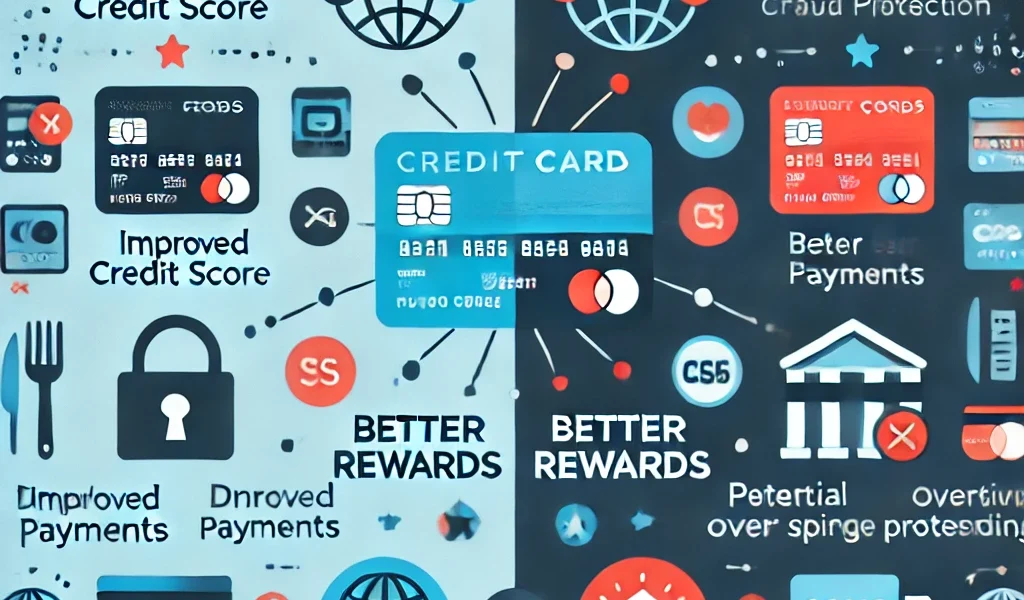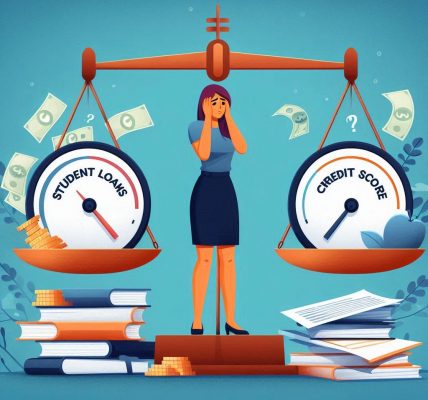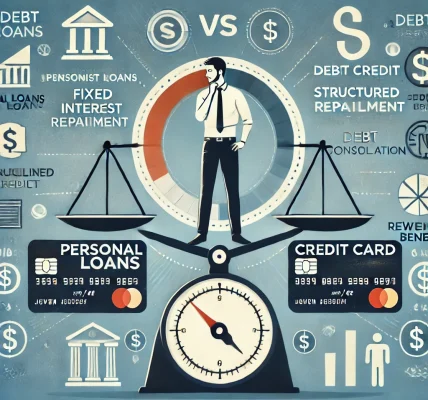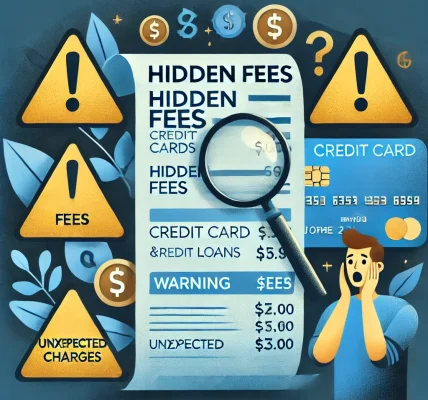Credit cards are a valuable financial tool when used wisely, but owning multiple credit cards is a topic of debate. While some people swear by the benefits, others warn about the risks. So, is having multiple credit cards a good idea for you?
In this guide, we’ll explore the pros and cons of owning multiple credit cards, helping you make an informed decision about managing your credit effectively.
Pros of Having Multiple Credit Cards
1. Improves Your Credit Score (When Managed Properly)
One of the biggest benefits of having multiple credit cards is improving your credit score. This happens because:
- Increases Credit Limit: More credit cards mean a higher total available credit, lowering your credit utilization ratio.
- Establishes a Strong Credit History: Older credit accounts help boost your credit score if managed responsibly.
- Shows Lenders You Can Handle Credit Well: Having multiple accounts with on-time payments demonstrates reliability.
2. Access to More Rewards and Benefits
Different credit cards offer different rewards, such as:
- Cashback on Everyday Spending – Some cards offer up to 5% cashback on groceries, gas, and online shopping.
- Travel Perks – Many travel credit cards offer free airport lounge access, travel insurance, and reward points.
- Retail and Store Discounts – Certain store credit cards provide exclusive discounts and early access to sales.
By using multiple credit cards strategically, you can maximize your rewards and savings.
3. Better Financial Flexibility
Having multiple credit cards can help you:
- Manage Unexpected Expenses – If one card is maxed out, another can act as a backup.
- Use 0% APR Promotional Offers – Some credit cards offer 0% interest for up to 18 months, allowing you to finance large purchases without extra cost.
- Separate Personal and Business Expenses – Using different cards for personal and business spending can simplify bookkeeping.
4. Protection Against Fraud and Emergencies
If one of your cards is lost, stolen, or compromised, having another card ensures you’re not left without payment options. Additionally, many credit cards offer fraud protection and purchase insurance.
Cons of Having Multiple Credit Cards
1. Harder to Manage Payments
With multiple credit cards, keeping track of due dates can be challenging. Missing a payment can:
- Lead to late fees (often $25 to $40 per card).
- Damage your credit score by up to 100 points.
- Increase interest rates on existing balances.
2. Higher Risk of Overspending
Having a high credit limit may encourage overspending, leading to:
- Accumulating debt that becomes difficult to repay.
- High interest charges if you don’t pay your full balance each month.
- Difficulty budgeting due to multiple balances across different cards.
3. Negative Impact on Your Credit Score (If Mismanaged)
While multiple credit cards can boost your score, mismanaging them can have the opposite effect:
- Too Many Hard Inquiries – Applying for multiple credit cards within a short period can lower your credit score.
- Lower Average Account Age – New credit cards reduce your overall account age, which impacts your credit score negatively.
- Missed Payments – With more accounts, the risk of forgetting payments increases, which can damage your credit history.
4. Potential for Higher Fees
More credit cards mean more potential fees, such as:
- Annual Fees – Premium credit cards can have fees ranging from $95 to $500 per year.
- Foreign Transaction Fees – Some cards charge an extra 3% per transaction when used internationally.
- Balance Transfer Fees – If you transfer balances between cards, you may be charged 3% to 5% of the amount transferred.
How Many Credit Cards Should You Have?
There is no universal rule for how many credit cards you should have. The ideal number depends on your financial situation and your ability to manage them responsibly. Here are some general guidelines:
- Beginners (1-2 Credit Cards): If you’re new to credit, start with one or two well-rounded credit cards to build your credit history.
- Moderate Users (3-5 Credit Cards): If you want to maximize rewards, having 3-5 credit cards with different perks can be beneficial.
- Advanced Users (6+ Credit Cards): Only consider having more than six credit cards if you have excellent money management skills and can track multiple accounts efficiently.
Tips for Managing Multiple Credit Cards Responsibly
- Set Up Automatic Payments – This prevents missed payments and avoids late fees.
- Monitor Your Credit Utilization Ratio – Keep your credit utilization below 30% of your total available credit.
- Track Due Dates – Use calendar reminders or financial apps to manage different billing cycles.
- Use Cards Strategically – Assign different cards for specific purchases (e.g., one for groceries, one for travel).
- Avoid Unnecessary Credit Applications – Only apply for new credit when it benefits you.
- Regularly Check Your Credit Report – Ensure there are no unauthorized charges or fraudulent activity.
Final Verdict: Should You Have Multiple Credit Cards?
Having multiple credit cards can be beneficial if you manage them responsibly. It can improve your credit score, provide financial flexibility, and maximize rewards. However, if not managed properly, it can lead to overspending, higher debt, and a lower credit score.




